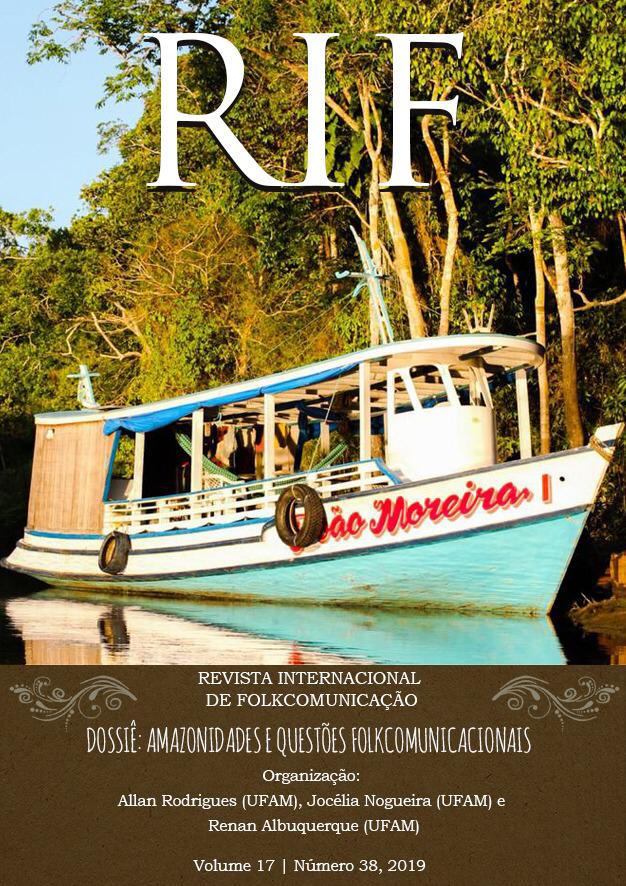The information and communication technologies as a process of inclusion of the ribeirinhos do Baixo Madeira in Porto Velho (RO)
DOI:
https://doi.org/10.5212/RIF.v.17.i38.0002Abstract
The relationship between communication and development of a territory has been established academically since the late 1960s. The contemporary media context is characterized by the presence of social media, which allows specific reach and communication flows to different social groups. This article aims to verify the potential influence of social media in the process of informational inclusion of the population of the district of Calama, distant 205 kilometers from the capital of Porto Velho (RO). The only physical means of access between the district and the capital is by the river Madeira, with use of boat. In this way, the aim of this work was to know if the arrival of the Internet fulfills the role of inclusion in an isolated community in the middle of the Amazon forest. The research is characterized as exploratory and with a field design, since residents of Calama to verify the effect of Internet access in the community. It was verified that people seek to be informed of the events of the state and of Porto Velho, accessing news sites and using social networks to, besides knowing the events, produce and share information, which generates some informational integration between the capital and the district. Regional development; Social Networks; Internet.
Downloads
Downloads
Published
How to Cite
Issue
Section
License

Este obra está licenciado com uma Licença Creative Commons Atribuição 4.0 Internacional.
Os autores são responsáveis, em qualquer que seja o formato do texto, pelas opiniões expressas ou indiretas presentes em seus respectivos trabalhos, não endossáveis pelo Conselho Editorial e pelos editores da Revista, bem como pela autenticidade do trabalho. Ao publicar trabalhos na Revista Internacional de Folkcomunicação, os autores cedem automaticamente os direitos autorais à publicação para veiculação das produções acadêmicas, sem ônus para a Revista. Os autores detêm os direitos autorais do texto para o caso de publicações posteriores e concedem à Revista Internacional de Folkcomunicação o direito de primeira publicação, com o trabalho simultaneamente licenciado sob a Creative Commons Attribution License, que permite o compartilhamento do trabalho com reconhecimento da autoria e publicação inicial nesta Revista. Por serem publicados em revista de acesso livre, os artigos são de uso gratuito, com atribuições próprias, em atividades educacionais e não-comerciais, sendo permitida a publicação simultânea em repositórios institucionais.































